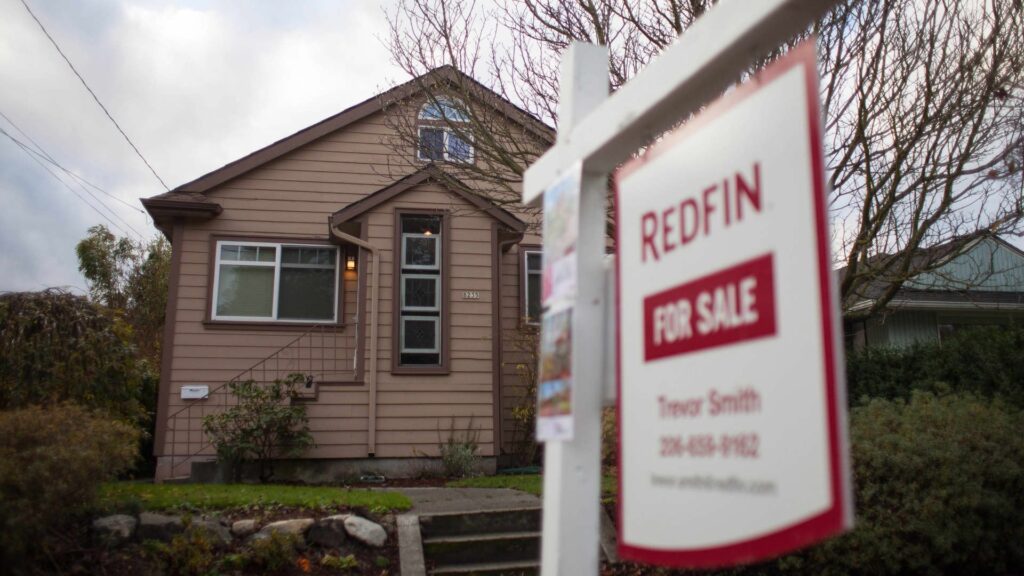The real estate brokerages Compass and Redfin have rocked the industry with the news they’re laying off some employees amid rising mortgage rates and a decline in home sales.

Compass, in a filing with the Securities and Exchange Commission on Tuesday, said it will cut its workforce by 10%. On the same day, Redfin revealed it will slash its staff count by 8%.
Both companies saw their stock price fall on Tuesday, with Redfin’s shares touching a new 52-week low.
The real estate market, which had been accelerating over the past two years since the COVID-19 pandemic emerged, has suddenly slowed down considerably. Affordability has been crushed by rising mortgage rates and sky-high home prices, which are now up 20% from a year earlier. Home sales have fallen steadily for a number of months and many analysts believe market conditions will worsen before they improve.
Recent data from Mortgage News Daily shows that mortgage demand is now at its lowest level in 20 years. Meanwhile, mortgage rates have shot up, rising from 3.29% at the start of the year to a new high of 6.28% this week, adding several hundred dollars to the cost of mortgage repayments.
The rising mortgage rates come amid concerns over inflation hitting the bond market.
Compass, in its filing, said it was taking measures to “safeguard our business” amid clear signals of slowing economic growth. Those measures include “pausing expansion efforts and the difficult decision to reduce the size of our employee team by approximately 10%,” the company said.
Redfin’s filing was accompanied by a blog post from its chief executive officer Glenn Kelman, who said that May demand was 17% below the company’s expectations. “We don’t have enough work for our agents and support staff, and fewer sales leaves us with less money for headquarters projects,” he explained.
With mortgage rates rising faster than at any time in history, Kelman said “we could be facing years, not months, of fewer home sales”. However, he stated that Redfin “still plans to thrive. If falling from $97 per share to $8 doesn’t put a company through heck, I don’t know what does.”